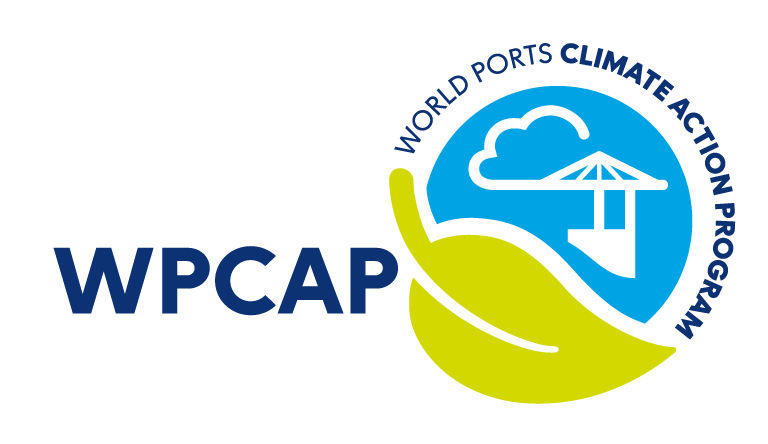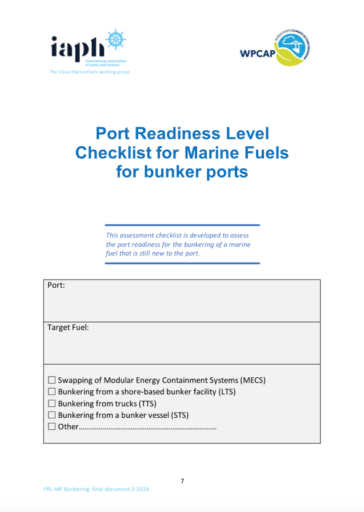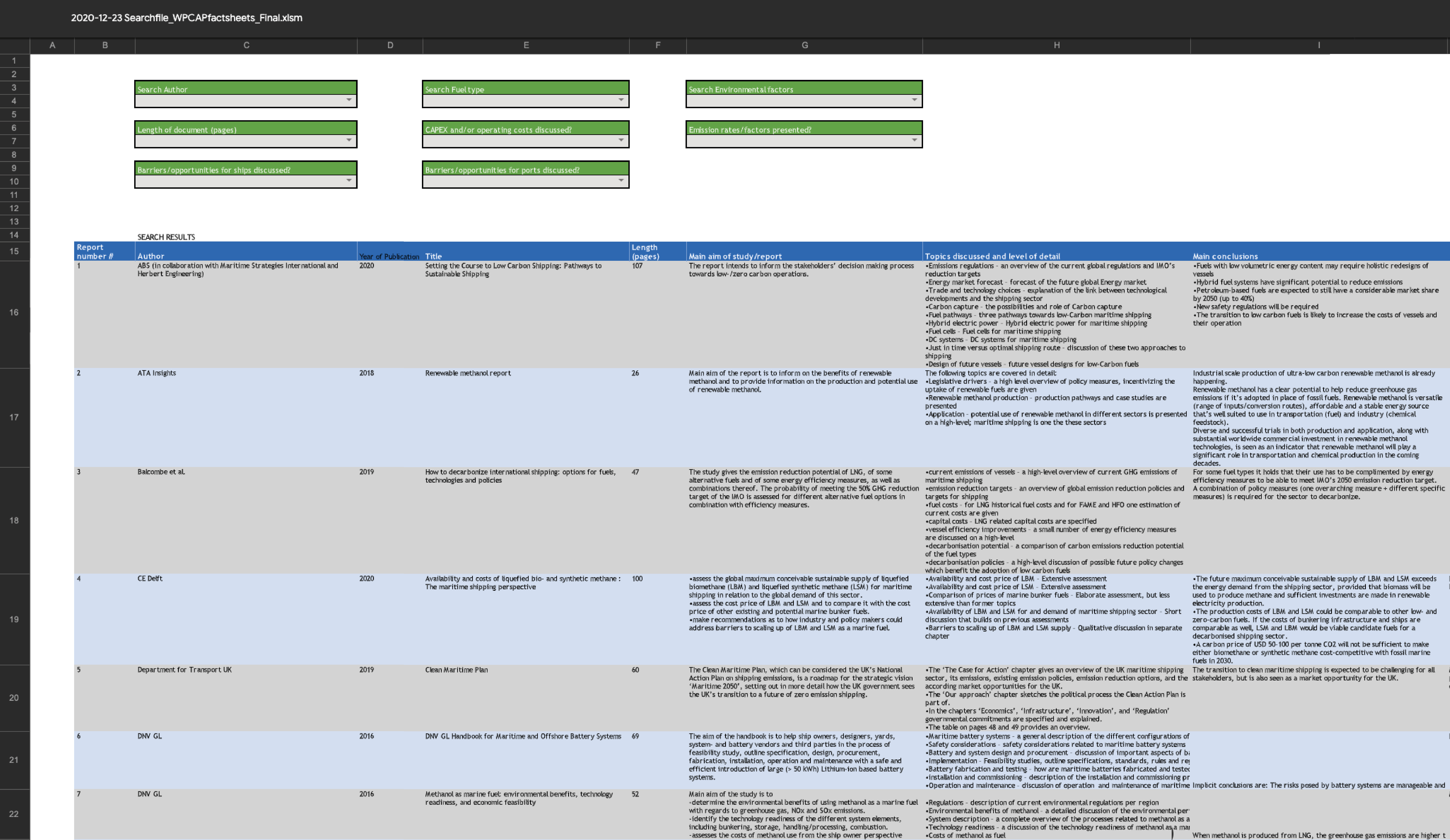
Port Readiness Level for Marine Fuels self-assessment tool
The Port Readiness Level for Marine Fuels (PRL-MF) is a self-assessment tool that can be used by stakeholders in any type of port community to identify the port’s current ability to bunker vessels for individual low emission fuels and outline the steps it would need to take to achieve its intended ability in the future. The fuel-agnostic tool is available as a downloadable PDF and provides a structured approach to assessing, developing, and implementing alternative fuels.

The PRL-MF was jointly developed by the World Port Climate Action Programme (WPCAP), and the International Association of Ports and Harbors (IAPH). It brings together all relevant stakeholders in a port community including governments, financiers, bunker suppliers, terminal and vessel operators, first responders, etc, making it a useful means for stakeholder communication and buy-in.
This tool was designed by ports for port communities, with input from many different partners (such as Mærsk Mc-Kinney Møller Center, Mission Innovation, DNV, Lloyd’s Register – Maritime Decarbonisation Hub and especially The National Renewable Energy Laboratory NREL) and is expected to accelerate support for shipping’s decarbonisation journey. The PRL-MF can be used for any fuel and within any port configuration. It is suitable for ports that are very competitive in the bunker market, as well as new ports seeking to enter the bunkering arena. Shipping lines, bunker suppliers and others can also benefit from using this self-assessment and communication tool as it spans multiple stakeholder groups.
To download this tool, please click here.
As the framework is intended to be a living document, user feedback is actively welcomed to improve this tool and will be reflected in future versions. Please send all feedback to RAE.Meer@portofrotterdam.com.
Using the tool
The PRL-MF framework is based on NASA’s widely used Technology Readiness Levels and outlines three main stages, each with three levels. It is important to note that ports may not reach PRL 9 for all fuels as this may not be suitable for their specific needs, safety protocols or customer requirements.
Research Stage (Levels 1-3): Ports evaluate their port community’s appetite for a specific fuel. Ports would need to assess the relevance of the specific fuel, determine the interest of their stakeholders and gather sufficient information to make a decision to pursue the fuel. Although customers may not make firm commitments to use the fuel, these Initial conversations can help to identify future demand, align with customer needs and circumvent potential obstacles.
Development Stage (Levels 4-6): These levels focus on creating policies to bunker the specific fuel, conduct risk assessments, design a framework to safely bunker the fuel and even run a pilot project (in PRL 6) that would test if the framework is fit for purpose. The creation of roadmaps to meet safety, infrastructure, human resource and other needs should assist the relevant stakeholders in assessing timeline and costs associated with achieving their desired fuel readiness level.
Deployment Stage (Levels 7-9): These levels focus on supporting practical and commercial aspects, and fostering competitive fuel markets. As port stakeholders roll out their bunkering services on a project or commercial basis, these levels help them streamline their operations and ensure that their licencing systems and other aspects are enshrined in regular port operations.
Future digital tool
Plans are also underway to launch a digital, interactive version of the PDF. This digital tool will be debuted at the IAPH World Ports Conference in Hamburg, scheduled for October 2024.
Help and assistance
Virtual demonstrations and support for using the tool can also be obtained by emailing RAE.Meer@portofrotterdam.com.
A pre- feasibility study for the Northern European & Baltic Green Corridor using the PRL-AFS can be found here.
Interactive literature review: Sustainable low carbon marine fuels (no longer updated)
To improve understanding of sustainable low carbon marine fuels, the work group has also developed a database of relevant report overviews. Both the high-level report overviews and the reports themselves can be accessed directly (see left), or filtered for topics of greatest interest through an interactive excel file [click image below]. The Work Group will continue to review reports and add to the database to ensure it remains up-to-date over time.
